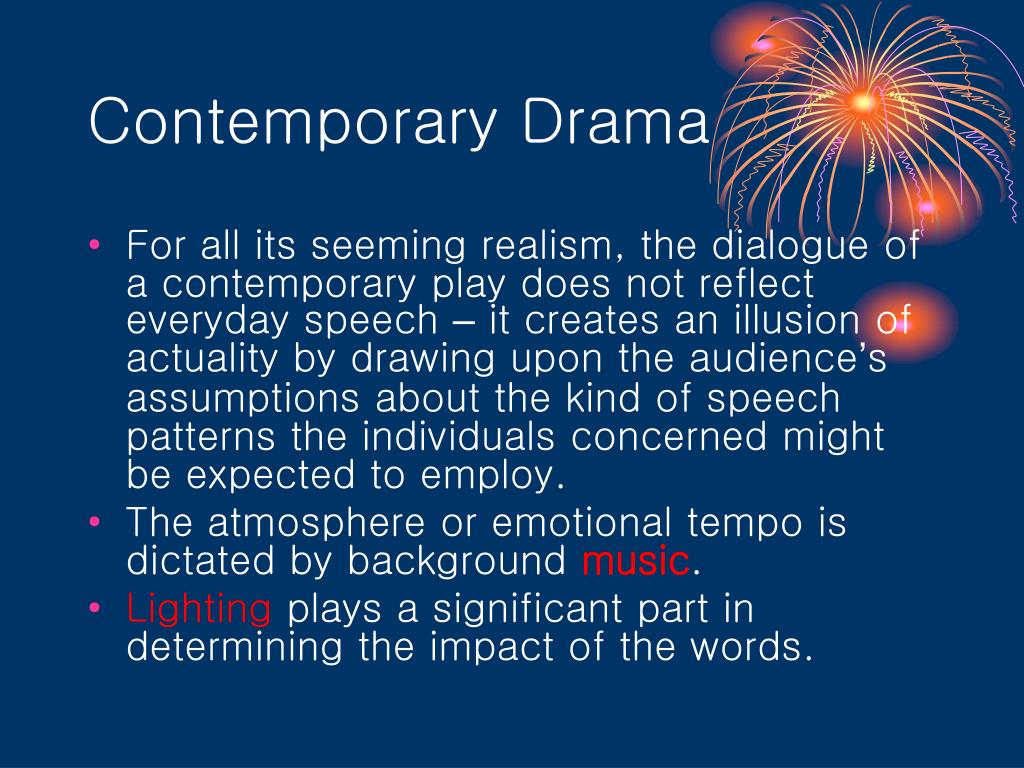

Imagination: Making creative roles or improvising or certain roles allows for creative thinking, new ideas and interpreting meaning.Self-confidence: By taking risks in class and performing to an audience teaches students confidence which is a skill that can be applied to use for life.Research reveals that through the development of these skills and knowledge, these areas can be broken down into further benefits: Basom (2005) discusses the elements incorporated into drama facilitate to students’ physical, social, emotional and cognitive development. It also broadens our perspectives through stories that portray life from different point of views, cultures and time periods.ĭrama in education uses educational pedagogy to facilitate to student learning.

It upholds an emotional and intellectual impact on both participants and audience members and deepends understanding of human motivation and behaviour. It is usually presented through the form of a story presented to an audience through dialogue and action whilst composed of numerous elements. We must first understand the definition of drama, which can be broken down into both drama and drama education.īasom (2005) describes drama as an art that explores human conflict and tension. It wasn’t until I further developed an understanding of the beneficial outcomes that drama entails, that I now advocate to you, the significance that drama presents itself in the curriculum. There are many components to drama and I too once questioned the importance of it in the primary school curriculum.


 0 kommentar(er)
0 kommentar(er)
